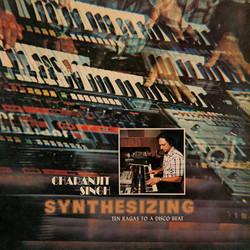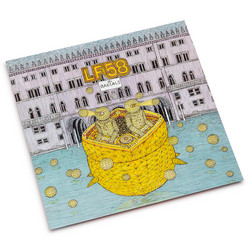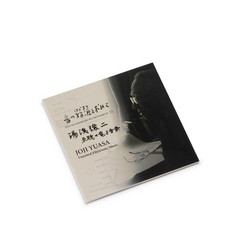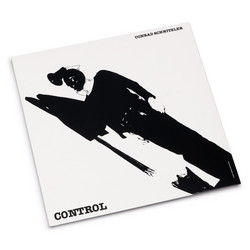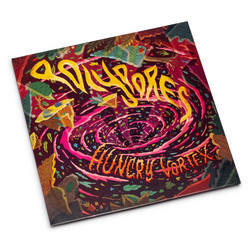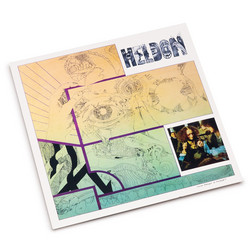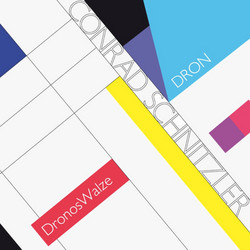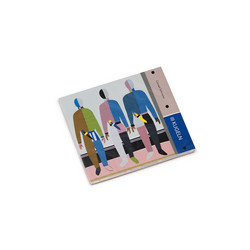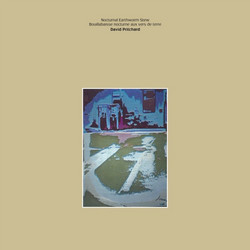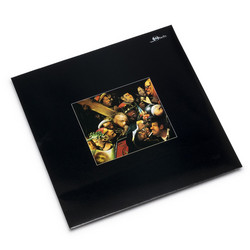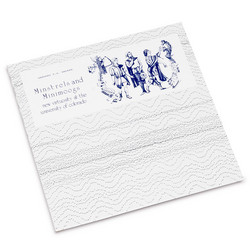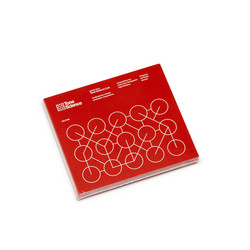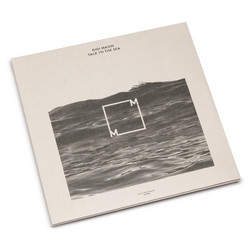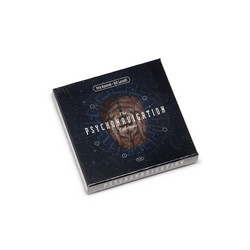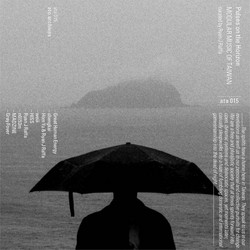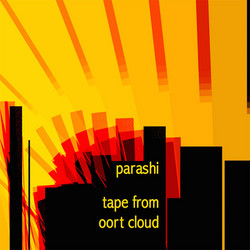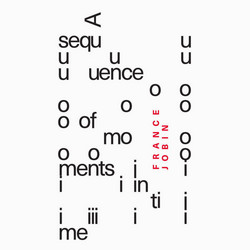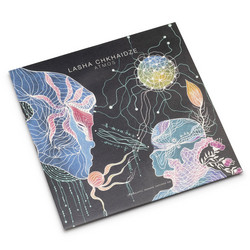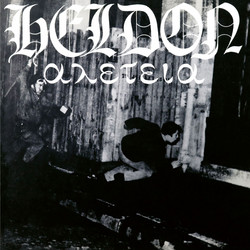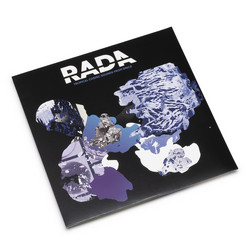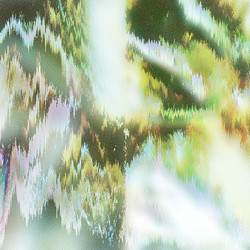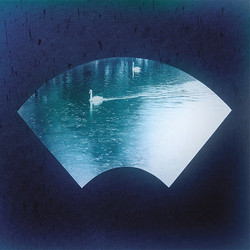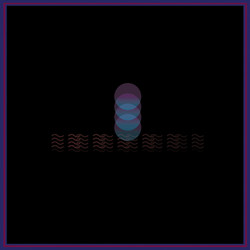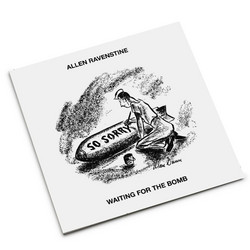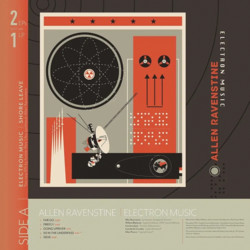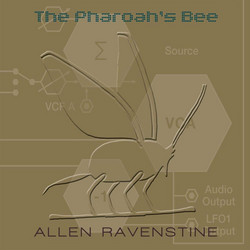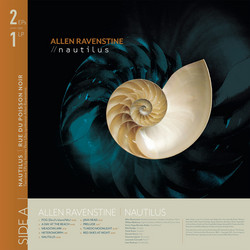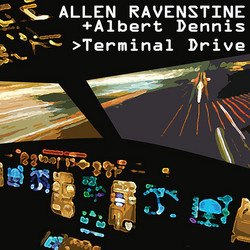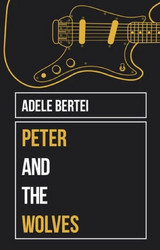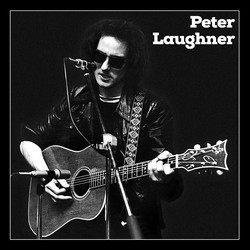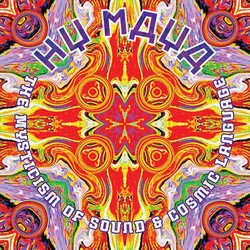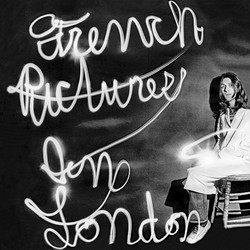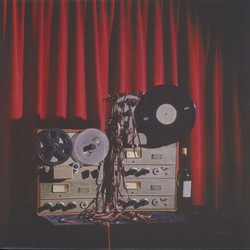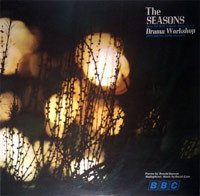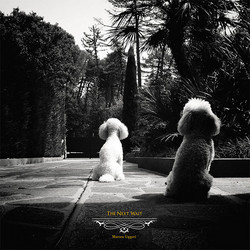Allen Ravenstine
Terminal Drive (CD)
Terminal Drive is studio recording of a mythical piece of electro-acoustic music composed and performed in 1975 by Allen Ravenstine (b. May 9, 1950 in Canton, OH) with assistance from Albert Dennis on string bass. Terminal Drive’s significance in terms of Cleveland underground music cannot be understated and has been cited as partially responsible for Ravenstine’s invitation to co-form the musical unit Pere Ubu in September 1975. Ravenstine gained recognition for his unusual and inventive synthesizer work in Pere Ubu, which he would also contribute to other groups such as Red Crayola and David Thomas & The Wooden Birds as well as his solo work.
Despite Terminal Drive’s legendary status, it is a piece very few have heard in its complete state. Terminal Drive has never been officially released in its entirety and no complete recording of the piece could be located for many years. There have also been numerous inconsistencies as to what Terminal Drive’s origins and sources were. The Pere Ubu box set Datapanik In The Year Zero (released on DGC in 1996) included a bonus disc of various Pere Ubu-related bands and projects – itself entitled Terminal Drive – that contains a 6:43 track called “Home Life” stated to have been extracted from Terminal Drive. This excerpt was all the world would hear of this fabled yet somewhat mysterious piece of music…until now.
The origins of Terminal Drive lie within the Cleveland band Hy Maya, which was centered around multi-instrumentalist and visual artist Robert Bensick, working most prominently and consistently with synthesist Ravenstine, bassist Albert Dennis, and drummer Scott Krauss. Despite playing only a handful of gigs, Hy Maya’s purely experimental and highly improvisational nature working within the contexts of art rock and electronica were unlike anything that Clevelanders – used to the likes of Dragonwyck, Glass Harp, Left End, and Raspberries – had never really seen or heard before. While there had been national bands such as The United States of America and Fifty Foot Hose that featured electronics prominently in their music and set-up, both groups tended to work within the context of more traditional rock structures. Hy Maya, perhaps unconsciously, built upon the wilder aspects of Tonto’s Expanding Headband, parts of the 1969 album An Electric Storm by White Noise, and the Sun Ra Arkestra, as well as the collective improvisation methodology of Oregon, prefiguring elements of the industrial music scene that Pere Ubu would later have considerable influence upon.
The single-sided LP is pressed on red vinyl and includes extensive liner notes written by Nick Blakey and never before published photos along with a free download card.
